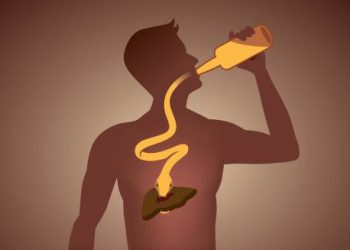Complications and Recovery from Clostridium difficile
Complications and recovery from Clostridium difficile vary from patient to patient, depending on the severity of infection, response to treatment, and underlying health. While many cases resolve with antibiotics, Clostridium difficile can cause long-term health issues or life-threatening complications, especially if untreated or mismanaged.
1. Complications | Complications and Recovery from Clostridium difficile
- Severe Dehydration: Persistent diarrhoea may lead to dangerous fluid loss, especially in elderly patients.
- Pseudomembranous Colitis: Inflammation of the colon lining with characteristic yellow-white patches.
- Toxic Megacolon: A rare but life-threatening dilation of the colon that may require surgery or result in perforation.
- Sepsis and Organ Failure: Infection may spread beyond the colon, causing systemic inflammation, shock, and multi-organ failure.
- Recurrent Infections: Around 1 in 4 patients experience recurrence within two months of treatment.
2. Emotional and Psychological Impact
Chronic illness, prolonged hospitalisation, and fear of recurrence can cause anxiety and depression. Patients often worry about reinfection or spreading the disease to others.
3. Recovery Timeline
- Mild to Moderate CDI: Symptoms often improve within 48–72 hours of starting antibiotics.
- Severe Cases: May take weeks to resolve fully, and hospitalisation is sometimes required.
- Post-Treatment: Gut microbiota may take months to fully recover. A balanced diet, probiotics (under guidance), and avoiding unnecessary antibiotics can aid this process.
4. Preventing Recurrence
Patients are encouraged to:
- Avoid unnecessary antibiotics
- Maintain hand hygiene
- Use probiotics (under medical advice)
- Attend regular follow-up appointments if previously hospitalised
5. Infection Control After Recovery
C. difficile spores can linger on surfaces even after symptoms have resolved. Regular cleaning and careful hygiene remain important, especially in shared living environments.
In conclusion, complications and recovery from Clostridium difficile demand ongoing care, especially in vulnerable populations. With proper treatment, lifestyle adjustments, and medical follow-up, most individuals can recover fully and avoid future infections.


